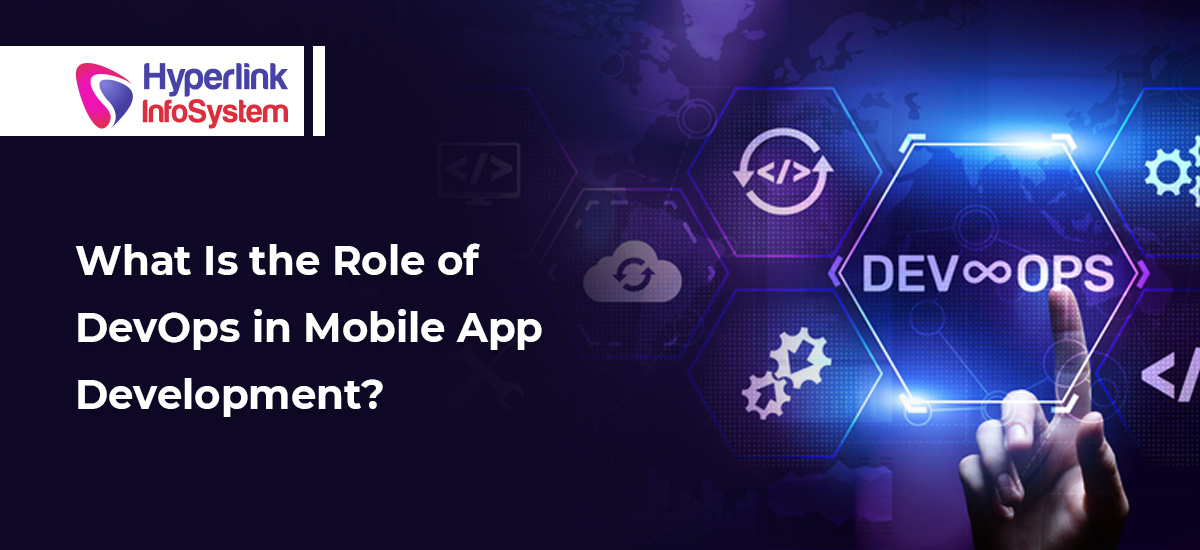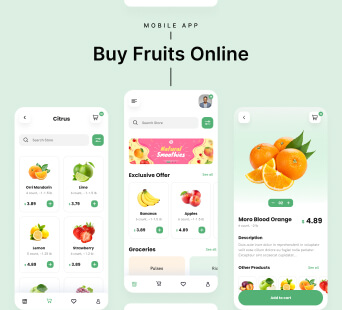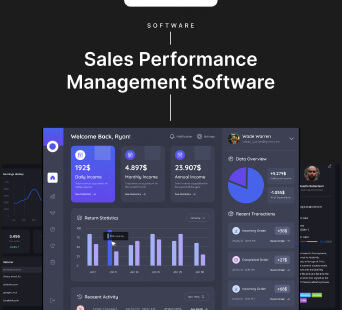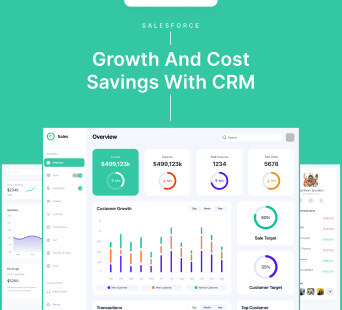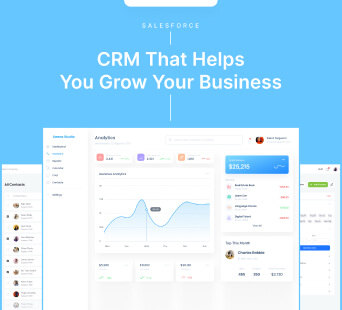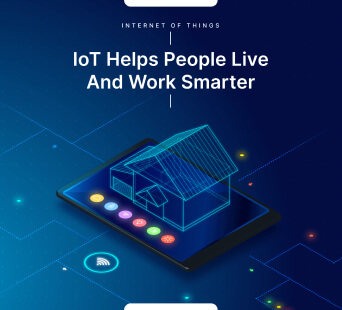DevOps is a continuous software delivery pipeline that helps to automate, monitor, and track the complete production cycle of an application. It allows developers to build software applications faster and more efficiently. DevOps is also known as CI/CD (Continuous Integration and Continuous Delivery).
Many app development companies focus on the front end; however, there is some truth to understanding how DevOps can impact the back end. If you're looking for a new way to take your app to a whole new level of excellence, know that DevOps might do the trick.
The role of development operations should be to provide a smooth, efficient software delivery pipeline that enables rapid development. It should enable app developers to get code from their local system to a live environment as quickly and easily as possible. But what does this mean in practice? And how can you make sure you're doing it properly? Let's take a closer look at the DevOps process for mobile app development and see how it can help you optimize your own delivery process.
In this article, we will discuss in detail the role of DevOps in mobile app development.
What is DevOps?
DevOps is a set of practices that help teams work together more efficiently. It's a way of thinking about software development that emphasizes communication, collaboration, and coordination among the various roles involved in creating and maintaining applications.
The top app developers use DevOps because it allows them to develop new features faster than ever before, while also eliminating the risk of introducing bugs into the system.
DevOps can help you accomplish these goals:
- Reduce time between development, testing, and deployment.
- Improve quality and security.
- Improve collaboration between developers and IT operations (IT Ops).
The DevOps Concept
The DevOps concept is based on the idea that software development and operations can be improved by bringing them together. It isn't a job title, but a set of principles and practices focused on improving communication between development and operations teams.
DevOps practices aim to improve efficiency, collaboration, quality assurance (QA), and security across an organization's entire software delivery pipeline—from managing code repositories to monitoring systems post-deployment.
Benefits Of Adopting a DevOps Approach
- Increase in productivity:
- Improvements in the quality of software:
- Reduction in time to market:
- Improvement in communication between the teams involved leads to a better understanding of their roles and responsibilities. It also helps improve collaboration and cooperation between development, testing, and operations teams. This results in fewer defects during the software development process.
- Reduced costs:
- Increased team morale:
- Improved customer satisfaction.
Challenges in DevOps Implementation
DevOps as a concept is relatively new, so, naturally, there are challenges when implementing it. One of the biggest obstacles is cultural change; DevOps requires collaboration between teams and departments that may be used to working in silos. It also means adopting new DevOps tools and processes, which can take time and money to implement. When done right, though, DevOps can lead to increased productivity for everyone involved in an app development project—and that's why we're seeing more companies adopt this approach today across all industries!
Methods To Implement DevOps in Mobile App Development
To get started with DevOps, you need to define your problem. What is the problem with your current process? Is there any friction between the development and operations teams, or do they work well together? If so, what are some things that could be improved upon in the team dynamics?
You also want to set goals before you start on a solution. Goals should be specific, realistic (not too ambitious), and measurable. Make sure everyone involved has different ideas of what success looks like - that way, everyone will feel like they're contributing to improving things by working towards their idea of what success looks like!
It's important not only to set concrete and tangible fitness goals for yourself (examples: run two miles without stopping; complete 100 push-ups in under one minute) but also to stay motivated by reflecting on these goals every day when training at home or the gym.
How Does DevOps Contribute To Mobile Application Development?
DevOps is a set of practices that help software development teams deliver applications faster, more reliably, and with less risk. By integrating business goals into the application development process, DevOps can help you achieve your business objectives by:
- Allowing developers to build, deploy and test code quickly
- Reducing the time between code check-in and code deployment
CI/CD Pipeline
CI/CD pipeline is a set of automation tools and processes used to manage software delivery. This is done by automating the build, test, and deployment processes.
This gives teams more control over the development process, removing manual tasks from people's job scope and allowing them to focus on building better products.
The Need for DevOps In The Mobile App Development Process
DevOps is a concept that emerged from the tech industry. Patrick Debois first coined the term in 2009 at the Web Operations Summit. It's a culture of collaboration between developers and operations teams to streamline and automate the software delivery process, improve its speed and quality, and make it easier to respond to changes in technology or business requirements.
DevOps often involves breaking down organizational silos between software development (developers) and IT operations (system administrators). Moreover, incorporating new technologies into your workflow makes it easier for everyone involved to collaborate on projects together more efficiently than before.
In addition, DevOps aims to minimize work duplication so that everyone can focus on what they do best. Whether you're an engineer working with code updates or a designer creating new features for mobile apps over time rather than having multiple people doing similar tasks across different departments might seem common sense. Still, this kind of thinking can be challenging when so many other things are going on with each project too!
Here's What a DevOps Engineer Does In Mobile App Development
The role of the DevOps engineer is to work with multiple teams to ensure that the mobile application is developed in a timely and effective manner. The DevOps engineer takes on many responsibilities, such as creating test environments for developers to test their code on, automating tasks like deploying new versions of apps, and ensuring proper communication between all stakeholders involved in the development process.
Conclusion
DevOps helps improve the speed of development and deployment, quality of the software products, and time to market for new products.
We hope this article has given you a better understanding of DevOps and its role in mobile app development. DevOps combines software development and operations that enable fast application changes. An agile approach to mobile app development improves productivity and reduces costs associated with manual processes. Suppose you're looking to take advantage of the benefits of DevOps. In that case, we recommend to hire app developers with experience implementing this process within their organization or working closely with an agency that knows how to implement DevOps successfully.
Also Read:
